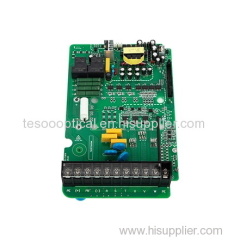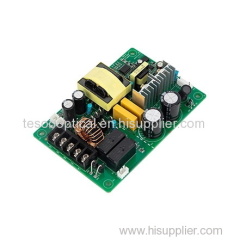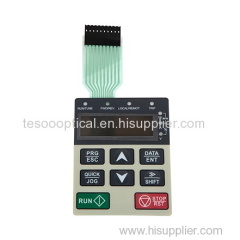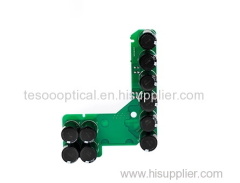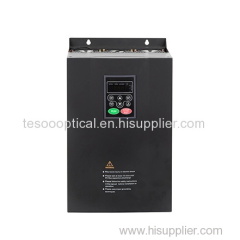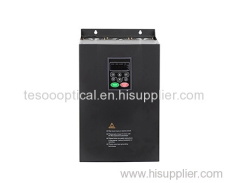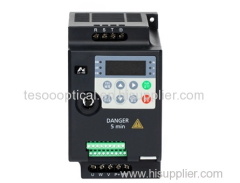
|
Ruian Anchuan Electronic Technology Co., Ltd
|
Inverter Fan Board Anchuan
| Price: | 70.0 USD |
| Payment Terms: | T/T |
| Place of Origin: | Zhejiang, China (Mainland) |
|
|
|
| Add to My Favorites | |
| HiSupplier Escrow |
Product Detail
The inverter's ambient working temperature typically ranges from -10°C to 50°C, and exceeding that range will shorten the device's lifespan.
The inverter's ambient working temperature typically ranges from -10°C to 50°C, and exceeding that range will shorten the device's lifespan. The 37–55 kw fan plate can significantly lower the inverter's operating temperature, expand the inverter's operating time, and improve usage stability.
Introduction to Inverter Fan Board
Fan boards are essential components used in electronic systems to provide effective cooling and heat dissipation. These boards incorporate fan motors and blades that generate airflow to remove excess heat from system components, ensuring optimal performance and preventing overheating.
The main function of a fan board is to circulate air within an enclosure or system, dissipating heat generated by electronic components, such as processors, graphics cards, power supplies, and other heat-generating components. By producing a constant flow of air, fan boards help maintain a stable operating temperature, preventing thermal damage that can lead to system failures or reduced lifespan.
Fan boards come in various configurations to accommodate different cooling requirements and system sizes. They can feature axial fans, which move air along the axis of the fan blade, or centrifugal fans, which direct airflow radially outward. The choice of fan board depends on factors such as heat dissipation requirements, available space, noise restrictions, and energy efficiency considerations.
Additionally, fan boards often incorporate speed control mechanisms to adjust the fan's rotation speed based on temperature or system requirements. This control enables optimal cooling performance while minimizing noise levels and power consumption.
Overall, fan boards play a crucial role in maintaining the reliability and longevity of electronic systems by effectively managing heat buildup. Their efficient cooling capabilities ensure stable operation, prevent thermal throttling, and promote the overall performance of critical components.
Inverter Fan Board Reliability and Durability
1. Component Selection: Using high-quality components in fan board design ensures reliability and durability. Selecting reliable fan motors, durable fan blades, and robust bearing systems can enhance the longevity and performance of the fan board.
2. Fan Motor Design: Proper design considerations for the fan motor, such as appropriate motor size, power ratings, and magnetic bearing technologies, can improve reliability and reduce the chances of motor failure or premature wear.
3. Protection against Dust and Moisture: Implementing protective measures, such as air filters and dust-proof enclosures, safeguards the fan board against dust and moisture ingress. This prevents damage to internal components and prolongs the lifespan of the fan board.
4. Robustness in Harsh Environments: Fan boards designed for harsh environments, such as industrial settings or outdoor installations, should have robust construction and corrosion-resistant materials. This ensures the fan board can withstand vibrations, temperature fluctuations, and exposure to chemicals or contaminants.
If you are looking for a reliable frequency inverter supplier, don't hesitate to contact us!


